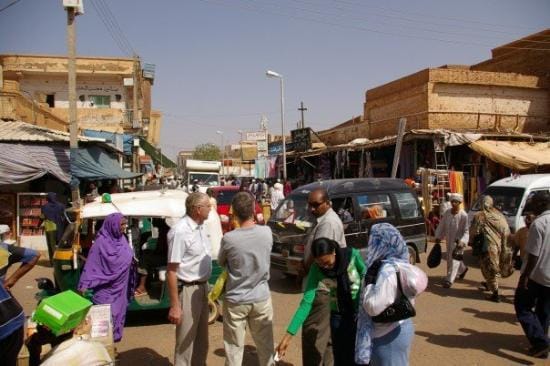Khartoum — Once a battleground echoing with gunfire, Sudan’s capital is now witnessing a cautious return to life. Weeks after the Sudanese army reclaimed control of Khartoum from the Rapid Support Forces (RSF), small signs of recovery are emerging amid the wreckage of war.
In neighborhoods like Kalakla, which bore the brunt of heavy fighting, the clatter of donkey carts and the aroma of fresh produce from reopened market stalls hint at a fragile normalcy. “People feel safe again,” says Maqbool Essa Mohamed, a vendor who has returned to his spot in the southern district’s main market. “Business is moving and there’s security.”
The city had remained under RSF control since the early days of the war that broke out in April 2023 between army chief Abdel Fattah al-Burhan and RSF leader Mohamed Hamdan Dagalo. After months of intense clashes, the army launched a swift offensive in March 2025, retaking key sites including the presidential palace, the airport, and the city center.
Despite the army’s territorial gains, the RSF still poses a threat from the outskirts. This week alone, the paramilitary group shelled both the army headquarters and the presidential palace, showing their ability to strike the heart of the capital.
The two-year conflict has devastated Sudan, killing tens of thousands and displacing over 13 million people. Greater Khartoum alone saw more than 3.5 million residents flee. Entire districts were emptied as food, water, and medical supplies ran out, especially in areas like Kalakla that were besieged by RSF forces.
Today, cautious optimism exists. Women brew tea again on street corners. People arrive with suitcases, returning to neighborhoods they were once forced to abandon. Public transport remains limited, with crumbling infrastructure and lingering insecurity forcing some commuters to ride atop overcrowded buses.
The United Nations estimates that if conditions stabilize, over two million displaced residents could return to the capital within the next six months. However, the road to recovery is long. Basic services like water remain disrupted, though the government has announced plans to restore access.
Amidst the debris of the presidential palace, General Burhan recently proclaimed, “Khartoum is free.” But for residents like Mohamed al-Mahdi, the scars run deep. “They destroyed everything and took what was ours,” he says, recalling looting and destruction blamed on RSF fighters.
For others, the loss is more personal than material. “It’s not about money,” says vendor Serelkhitm Shibti. “What pains me is every drop of blood shed on this land.”
Khartoum may be back in army hands, but peace remains elusive—and the memories of war still hang heavy in the air.



